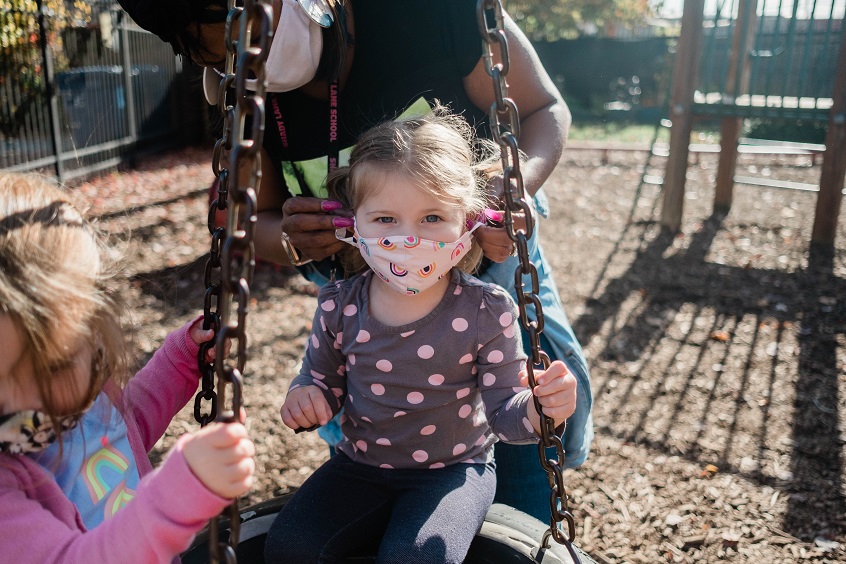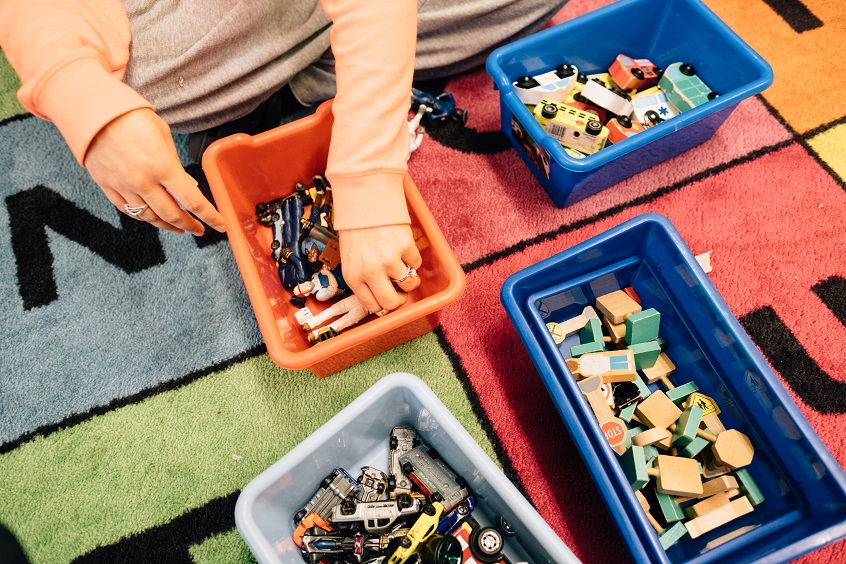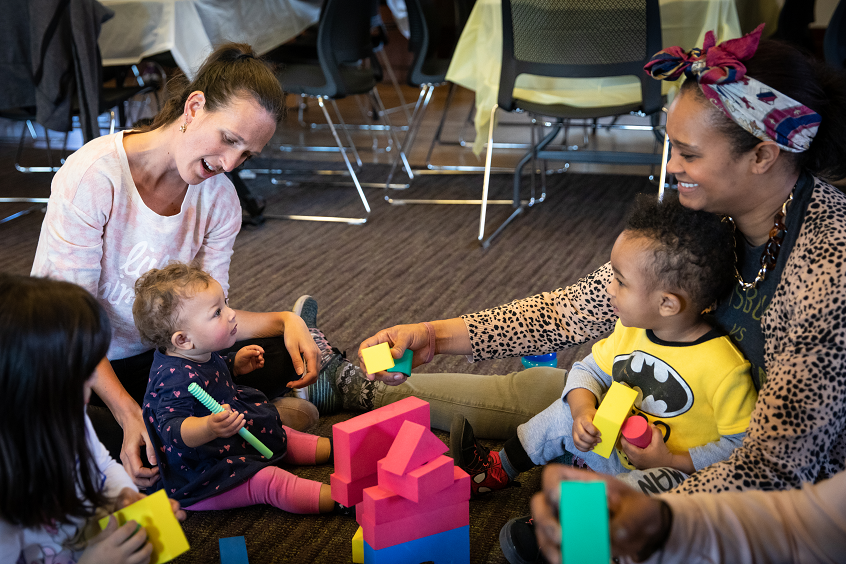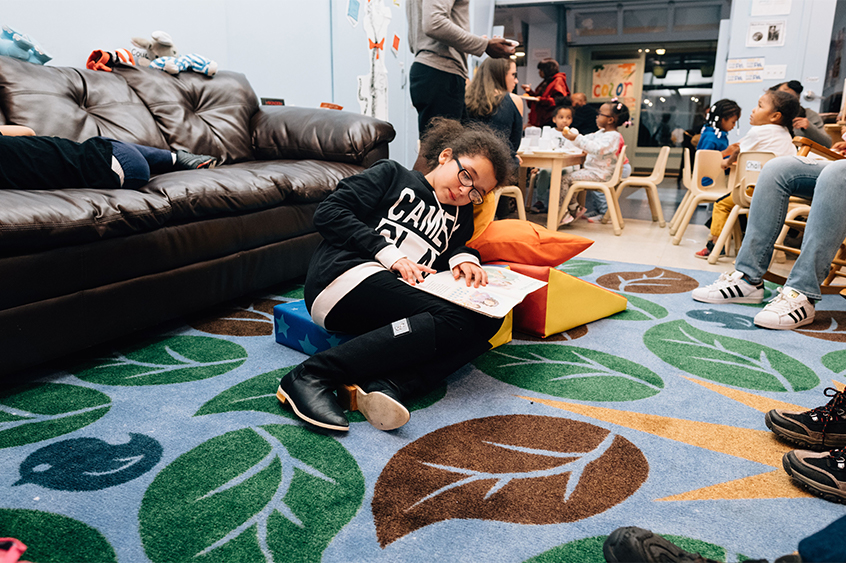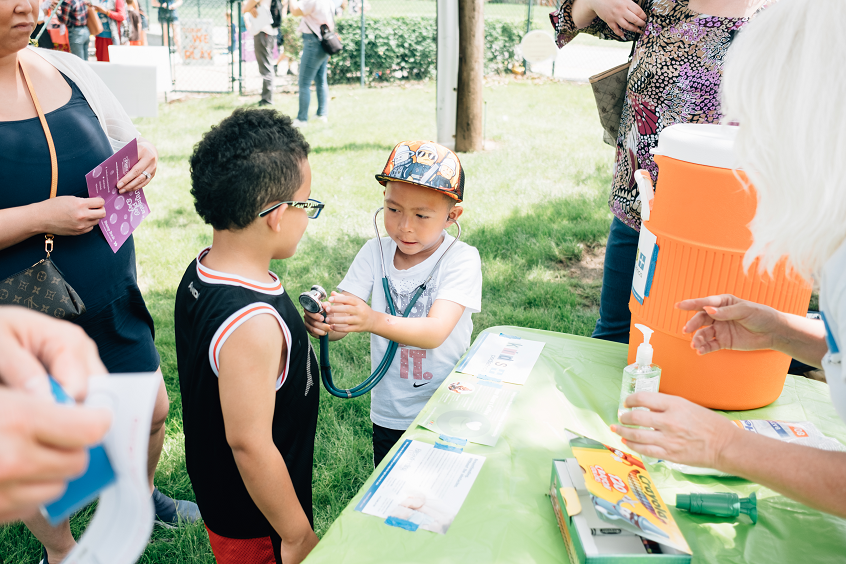As of June 9, 2020 at 12 p.m., the Pennsylvania Department of Health has stated that there are 76,436 confirmed cases of the novel coronavirus (COVID-19) in the Commonwealth, including 2,027 positive cases in Allegheny County. For a full breakdown of affected counties, visit health.pa.gov.
While positive cases have been confirmed, it’s important for community members to remain calm and take precautionary measures to reduce your likelihood of infection.
COVID-19 Resources
To best support these community members and the young children in their lives, Trying Together has created two resource lists, featuring helpful resources that families and educators can use to maneuver this difficult time. Click the links below for more COVID-19 information.
Guidance for Pennsylvanians
As of June 5, there are 33 counties in the yellow phase and 34 counties in the green phase of reopening. On Friday, June 12 at 12:01 a.m., 12 counties currently in the yellow phase will be moving into the green phase. For information about work, congregate setting, and social restrictions, please review Governor Wolf’s Process to Reopen Pennsylvania.
Counties in the Green Phase
Counties in the green phase of reopening include the following: Allegheny, Armstrong, Bedford, Blair, Bradford, Butler, Cambria, Cameron, Centre, Clarion, Clearfield, Clinton, Crawford, Elk, Fayette, Forest, Fulton, Greene, Indiana, Jefferson, Lawrence, Lycoming, McKean, Mercer, Montour, Potter, Snyder, Somerset, Sullivan, Tioga, Venango, Warren, Washington, and Westmoreland.
Counties in the Yellow Phase
Counties in the yellow phase of reopening include the following: Adams, Beaver, Berks, Bucks, Carbon, Chester, Columbia, Cumberland, Dauphin, Delaware, Erie, Franklin, Huntingdon, Juniata, Lackawanna, Lancaster, Lebanon, Lehigh, Luzerne, Mifflin, Monroe, Montgomery, Northampton, Northumberland, Perry, Philadelphia, Pike, Schuylkill, Susquehanna, Union, Wayne, Wyoming, and York.
What is COVID-19?
According to the Allegheny County Health Department (ACHD), “COVID-19 is a disease caused by a new coronavirus not previously seen in humans.” While this strain of coronavirus is new, coronaviruses are actually a large family of viruses, some causing illness in people and others circulating among animals, including camels, cats, and bats. While it is rare for animal coronaviruses to infect people who are exposed to infected animals, it has happened in the past as seen with Middle East Respiratory Syndrome (MERS-CoV) and Severe Acute Respiratory Syndrome (SARS-CoV).
Symptoms
As COVID-19 is a respiratory disease, common symptoms of infection include fever, dry cough, tiredness, shortness of breath, and difficulty breathing. However, WHO states that some patients may have aches and pains, nasal congestion, runny nose, sore throat, and diarrhea. After being infected with COVID-19, individuals generally display mild symptoms that begin gradually, but some people who become infected may not develop any symptoms at all and may feel healthy.
80 percent of the individuals who become infected recover from the disease without needing special treatment. However, one out of every six people who get COVID-19 becomes seriously ill and develops difficulty breathing. Elderly individuals, immunocompromised individuals, and individuals with underlying medical conditions such as high blood pressure, cardiovascular disease, chronic kidney diseases, hepatitis B, and cancer are particularly at risk of developing serious illness if infected with COVID-19. Because of this, it’s important to limit possible contamination and reduce the spread of the virus.
Currently, there are no vaccines or medications approved to prevent or treat COVID-19 and reported illnesses have ranged from mild to severe cases, including illness resulting in death. However, possible vaccines and drug treatments are currently being investigated through clinical trials.
How It Spreads
COVID-19 spreads through person-to-person contact (within about six feet) or by touching your mouth, nose, or eyes after coming into contact with surfaces that have been contaminated with respiratory droplets produced when an infected person coughs or sneezes. WHO states that “studies suggest that coronaviruses (including preliminary information on the COVID-19 virus) may persist on surfaces for a few hours or up to several days.”
The risk of getting infected by COVID-19 depends on where you are and if there is an outbreak currently happening in that area. Individuals living in or visiting cities or areas that are experiencing an outbreak have a higher risk of becoming infected. There is a higher risk of infection and serious complications for elderly individuals, immunocompromised individuals, and individuals with underlying medical conditions. With this, WHO states that it’s important to “comply with any local restrictions on travel, movement, or large gatherings” and to cooperate with disease control efforts to reduce your risk and potential spread.
How to Protect Yourself and Others
Currently, the most effective ways to reduce the spread of COVID-19 to protect both yourself and others against infection are to:
-
- avoid touching your face, nose, and mouth;
- if water and soap are not available, sanitize your hands regularly with an alcohol-based hand sanitizer that contains at least 60% alcohol;
- clean and disinfect commonly used items and frequently touched surfaces such as the items listed above with household cleaners and EPA-registered disinfectants that are appropriate for the surface, following the label directions appropriately;
- practice social distancing from others, especially avoiding individuals who are exhibiting symptoms, coughing, or sneezing;
-
- wear a face mask when shopping at essential businesses, visiting your health care provider, on public transportation, interacting with others at essential business, and when feeling sick, coughing, or sneezing; and
- comply with any local restrictions and recommendations on travel, movement, or large gatherings.
Visit the Centers for Disease Control and Prevention (CDC) website for more information on how to properly clean and disinfect the areas around you. While this resource is primarily intended for individuals and households with suspected or confirmed cases of COVID-19, hygienic practices can help reduce the spread of the virus. Watch this video for proper handwashing techniques.
Resource for At-Risk Individuals
The CDC also has a resource highlighting precautions and preparation tips for individuals at risk of developing serious complications from COVID-19, such as elderly individuals, immunosuppressed individuals, and individuals with underlying medical conditions. Visit the CDC website to learn more.
What to Do After Infection
If you are experiencing symptoms of COVID-19, including fever, cough, and shortness of breath, please stay at home and contact your primary care provider to determine if you need to be tested for COVID-19. If you are in Allegheny County, do not have a primary care provider, and are not sure if you need to be tested, please contact the Allegheny Health Department at 412.687.2243. If you need to seek immediate medical care, please call 911 or phone ahead before going to a doctor’s office or emergency department to ensure staff at these locations have time to prepare for your arrival.
If an infection is confirmed, health care professionals will assess whether the infected individual needs to be hospitalized or if they can be cared for at home in mandatory quarantine. If isolated at home, infected individuals will be monitored by staff from their local or state health department.
Until a healthcare provider says that you or the infected person can return to their normal activities, the CDC states that infected and potentially infected individuals should follow the following preventive measures:
-
- stay at home except to get medical care (do not go to school, work, or public areas and avoid using public transportation, ride-sharing, or taxi services);
- separate yourself from other people and animals in your home as much as possible, if possible;
- if you must care for others or your pet while sick, wash your hands before and after you interact with them and wear a face mask;
- call ahead before visiting your doctor, as they need to take steps to prepare to reduce spread and exposure;
- wear a face mask when you are around other people and animals; and
- cover your coughs and sneezes with a tissue or your elbow, followed immediately by washing your hands with soap and water or sanitizing with an alcohol-based sanitizer.
For a full list of COVID-19 resources, preventative measures, and precautions, visit the CDC website.
More Information
For more information about COVID-19, visit the Allegheny County Health Department, World Health Organization (WHO), or Centers for Disease Control and Prevention websites.
*Information provided by the Centers for Disease Control and Prevention, World Health Organization, and Allegheny County Health Department

